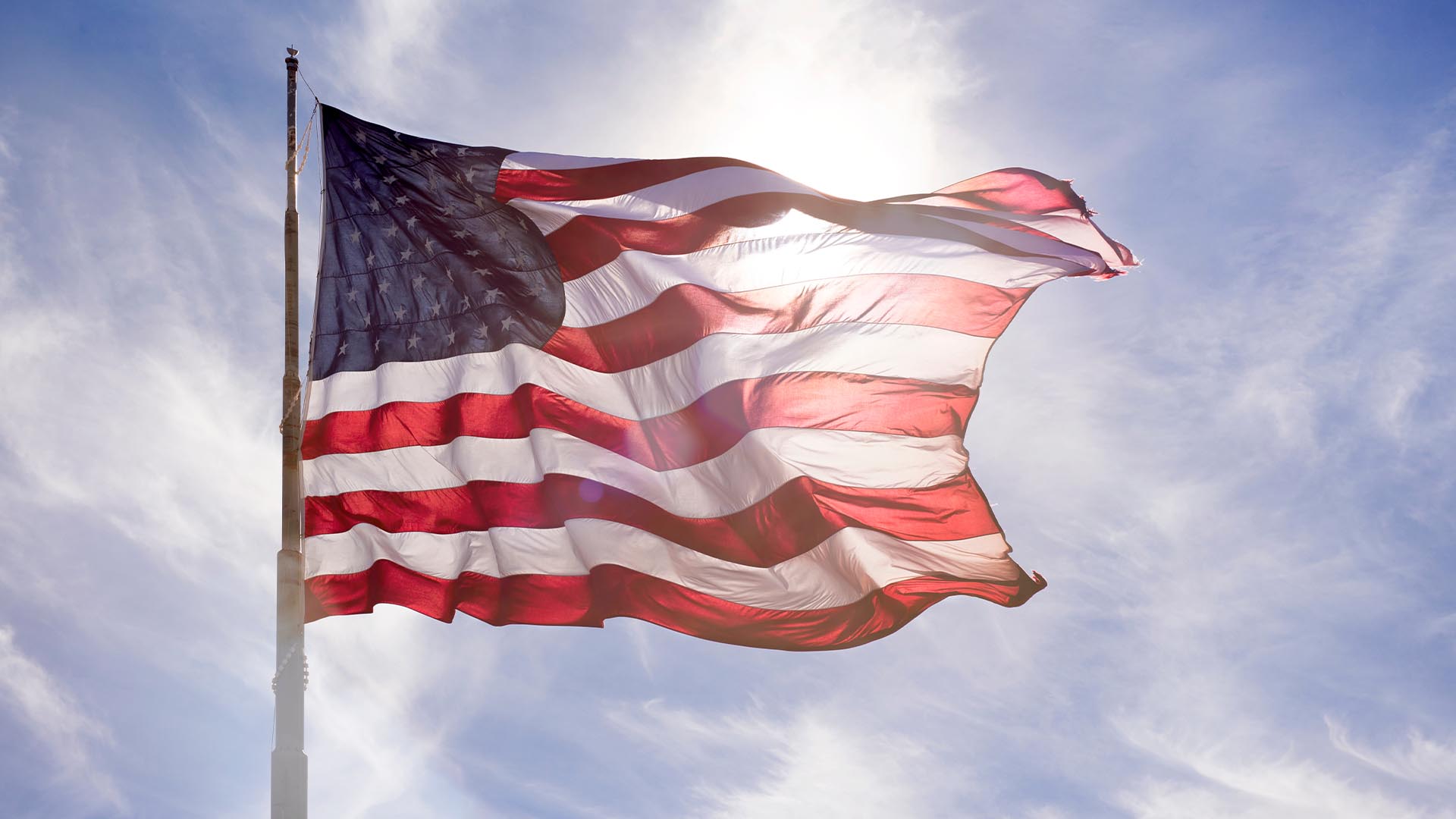Though too many Americans cannot define a republic, even while saluting “the flag for which it stands,” much continues to be written about Benjamin Franklin’s ominous warning when he was asked about the results of the Constitutional Convention: “A republic . . . if you can keep it.”
From republican Rome onward, republics throughout history have insisted on civic virtue as necessary for stability. Unlike other forms of government, the republic demands certain things of its citizens: not only loyalty, but responsibility, bravery, honesty, and public-spiritedness. Today, we settle for mere citizen engagement, a vague term with little rigor and less virtue.
In recent years we have experienced almost the antithesis of civic virtue. In our democratic republic, voting is, if not the fundamental republican virtue, at least an indicator of virtue. Yet we congratulate ourselves when 60 percent of eligible voters turn out.
Dark, anti-republican practices would drag down even our mediocre standard. These practices are varied but all march under the flag of voter suppression. And in the current national election, they are being encouraged publicly from the highest platforms.
Strangely, one party has, at the very least, not encouraged high voter turnouts, believing apparently that it prospers when fewer citizens vote. The best justification was that voting is properly understood as the culminating, rather than the initiating, step in public life for the citizen. To be a voter, went the argument, one must first be a respected member of the community, educated on the issues of the day and properly instructed in the American system of government.
This argument never got around to explaining how one was supposed to know who was wise and who was foolish, who was erudite and who was ignorant at the ballot box.
All the phony veils have fallen now, and the practices of voter suppression are openly and blatantly mounted against minorities in big cities. “Poll watchers,” credentialed but more often simply large men in dark clothing, stroll the long voter lines and, when unobserved, demand identification of minority voters. This is illegal, and when done systematically, unconstitutional.
Voting machines in minority precincts mysteriously falter during early voting. Insufficient ballots drop-off locations are provided for voters. Requests for absentee ballots can languish for weeks. Voters’ signatures are rejected for the slightest difference from the original. Chads have been known to hang. And so it goes.
In modern times, chief executives have encouraged American citizens to vote as an obligation of their citizenship. Not today. The incumbent president has been talking about voter fraud since virtually the day he was elected. Future Americans will ponder an election whose theme has been repeatedly announced in a peculiar circular syllogism: I am supposed to be re-elected. If I am not, then I am the victim of massive fraud.
Even a massive pandemic, with close to a quarter of a million Americans dead, is not considered a legitimate justification for mail-in balloting in some states. An early commission to prove voter fraud foundered for complete lack of evidence, with no apologies from or embarrassment of its creators.
Rehearsal of the real fraud, systematic voter suppression, is unnecessary. It is open; it is notorious; it is written off as “that’s just who he is.”
Not so fast. This erodes the foundations of the American republic whose flag we salute and for whom generations of Americans have died.
No nation is perfect. But unique on the Earth, America invites the judgment of all mankind against the standards we set for ourselves. Evidence abounds that America has lost prestige in recent years, not only for its increasing failure to live up to its own expectations, but for its apparent unwillingness to try.
To put obstacles between eligible voters and the voting booth is not responsible. It is not brave. It is not honest. It is not public-spirited. It is civic vice.
The multitude of us who love this republic and have been honored to serve it will continue to try to “keep it.” History will judge the current administration on may counts. But how it acted to keep this republic and encourage civic virtue, including voting, will be foremost among those counts.


